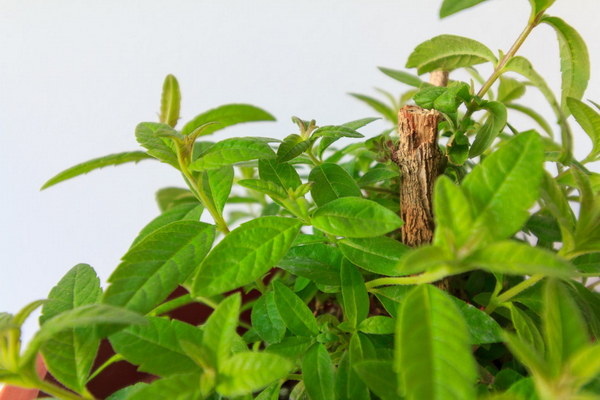Dendrobium The LiverBoosting Herb That Could Transform Your Health
In the realm of traditional Chinese medicine, Dendrobium is often celebrated for its numerous health benefits, with one of the most notable being its liver-boosting properties. But does the science back up this traditional claim? Let's delve into the world of Dendrobium and explore how this unique herb may be the key to a healthier liver.
Understanding Dendrobium
Dendrobium, also known as Shihu in Chinese, is a type of orchid native to Asia. Its roots have been used in traditional Chinese medicine for centuries, believed to have various therapeutic properties, including the ability to nourish the liver and enhance overall well-being.
The Liver and Its Importance
The liver is a vital organ responsible for filtering toxins from the blood, producing bile to aid in digestion, and regulating blood sugar levels. It's also crucial in metabolizing fats, proteins, and carbohydrates. Therefore, maintaining liver health is essential for overall health and vitality.
Traditional Beliefs About Dendrobium and the Liver
In traditional Chinese medicine, the liver is associated with the emotions, particularly anger and frustration. Dendrobium is thought to help balance the liver and improve its function, which in turn can alleviate emotional stress and enhance physical health.
Scientific Evidence
While the traditional beliefs surrounding Dendrobium are well-documented, scientific research is still emerging to support these claims. Studies have indicated that certain compounds found in Dendrobium, such as polysaccharides and sterols, may contribute to its liver-boosting effects.
1. Antioxidant Properties: One of the primary reasons Dendrobium is believed to be beneficial for the liver is its high antioxidant content. Antioxidants help protect the liver from oxidative stress, which can damage liver cells and lead to inflammation.
2. Anti-Inflammatory Effects: Inflammation is a significant factor in liver disease. Research suggests that Dendrobium may have anti-inflammatory properties, which could help reduce inflammation in the liver and prevent the progression of liver conditions.
3. Enhanced Liver Function: Some studies have shown that Dendrobium can improve liver function tests, such as alanine aminotransferase (ALT) and aspartate aminotransferase (AST), which are markers of liver health.

How to Incorporate Dendrobium into Your Diet
If you're interested in incorporating Dendrobium into your health routine, there are several ways to do so:
- Dendrobium Tea: Dendrobium can be brewed into a soothing tea. Simply steep the roots in hot water for a few minutes before straining and drinking.
- Herbal Supplements: Dendrobium is available in supplement form, including capsules and powders. Always consult with a healthcare professional before starting any new supplement regimen.
- Cooking: Dendrobium roots can be used in various dishes, such as soups and stews, to add a unique flavor and potential health benefits.
Conclusion
While more research is needed to fully understand the liver-boosting properties of Dendrobium, the existing evidence suggests that this traditional herb may indeed have a positive impact on liver health. By incorporating Dendrobium into your diet, you may be able to support your liver's function and enjoy a healthier, more vibrant life. Remember to consult with a healthcare professional before starting any new treatment or supplement, especially if you have existing liver conditions or are taking medication.









